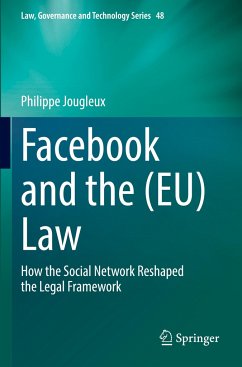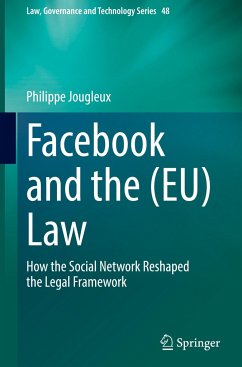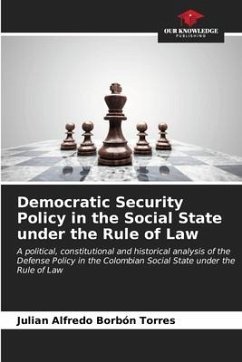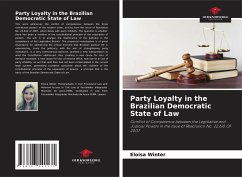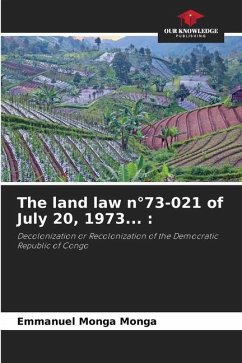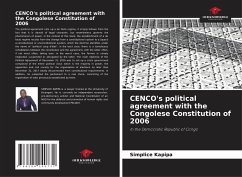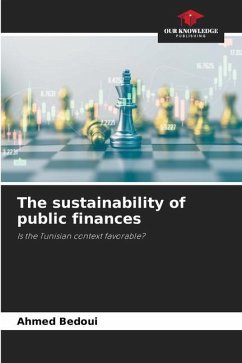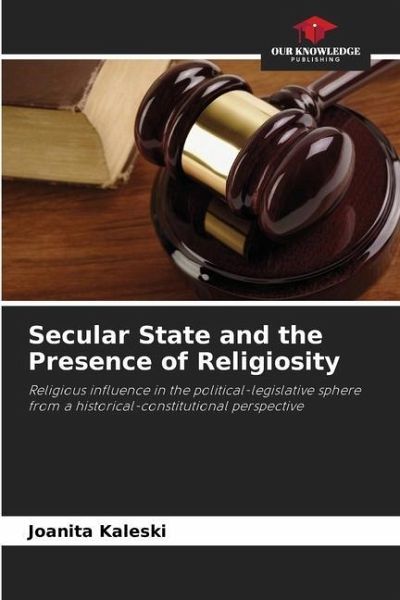
Secular State and the Presence of Religiosity
Religious influence in the political-legislative sphere from a historical-constitutional perspective
Versandkostenfrei!
Versandfertig in 6-10 Tagen
22,99 €
inkl. MwSt.

PAYBACK Punkte
11 °P sammeln!
A ponderation on the apparent Brazilian State laicity is presented here, demonstrating the influence of religious belief in the political-legislative sphere from a historical-constitutional perspective. The secular State has a neutral position in the religious field. Also known as the secular State, it preserves the principle of impartiality in religious matters, does not support or discriminate against any religion. It defends the religious freedom of all its own and does not allow the interference of religious currents in socio-political matters - it seeks the democratic rule of law to guara...
A ponderation on the apparent Brazilian State laicity is presented here, demonstrating the influence of religious belief in the political-legislative sphere from a historical-constitutional perspective. The secular State has a neutral position in the religious field. Also known as the secular State, it preserves the principle of impartiality in religious matters, does not support or discriminate against any religion. It defends the religious freedom of all its own and does not allow the interference of religious currents in socio-political matters - it seeks the democratic rule of law to guarantee fundamental rights. The Constitution affirms the laicity of Brazil - although the religious tradition is still very present and no longer exclusively through the Catholic Church. Therefore, observing the evolution of the State and the main religions over the centuries, it can be seen that they have always been side by side, and even represented in a single body. Even today we have so-called confessional states, in which an official religion is adopted. Therefore, a scenario worthy of knowledge and analysis.




